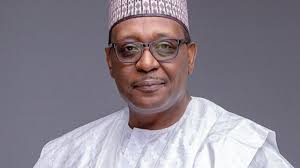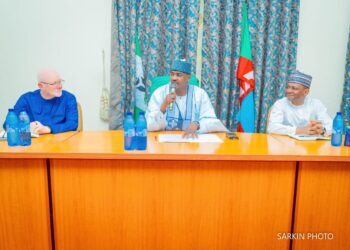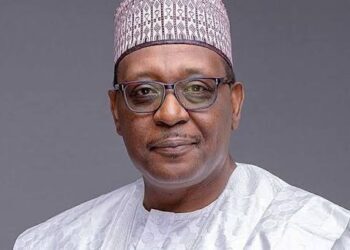The Federal Ministry of Health, with state health ministries and partners, has launched a 1.2 billion dollars Sector-Wide Approach (SWAp) to transform Nigeria’s healthcare system.
Dr Muntaqa Umar-Sadiq, National Coordinator of SWAp, said this during a media engagement on Wednesday in Abuja.
Umar-Sadiq said that this comprehensive strategy was aimed at tackling chronic issues in the health sector, such as inadequate financing, staff shortages, poor data management, and insufficient infrastructure.
He said that the SWAp initiative marked a significant shift towards a more coordinated and efficient healthcare system.
According to him, the aim is to ensure that every Nigerian, regardless of location or economic status, has access to quality healthcare services.
He said that the initiative came in response to the alarming state of health in Nigeria, where maternal mortality rates remain among the highest in the world.
“Other health indices also reflect deep systemic issues, like inadequate and inequitable Financing.
“Nigeria currently allocates only three per cent of its GDP to healthcare, with just 40 per cent to 60 per cent of the federal health budget being effectively utilised.
“The SWAp initiative aims to enhance transparency and efficiency in the allocation and utilisation of these funds, ensuring that resources are directed toward priority areas and used to achieve measurable outcomes,” he said.
He said that with only 23.3 doctors per 100,000 people, far below the WHO’s recommendation of 100 per 100,000, Nigeria faced a significant shortage of healthcare professionals.
“SWAp will focus on improving the distribution and availability of skilled healthcare workers across the country, particularly in underserved areas,” he said.
He said that the reliability of health data in Nigeria had been severely compromised.
According to him, reports show discrepancies such as a 159.7 per cent DPT3 immunisation rate reported by Nigeria, compared to 55 per cent from WHO surveys.
“Moreover, the country currently has only 0.5 hospital beds per 1,000 people, far below the WHO guideline of four per 1,000.
“SWAp prioritises the strengthening of data collection, health infrastructure, and its maintenance to support informed decision-making and improved service delivery quality.
“By 2027, the SWAp initiative aims to create a unified, transparent, and accountable health sector that operates as a coordinated unit across all levels of government.
“It will be leveraging the strengths of local and state governance alongside the ministry,” he said.
He said that Nigeria would develop the capacity to produce critical health products locally, such as mRNA vaccines, bed nets, and select therapeutics.
“This will not only ensure a reliable supply of essential medicines but also create jobs and expand opportunities for the private sector and investors,” he said.
Umar-Sadiq said that the country would consistently achieve the 7-1-7 targets for health threat management, ensuring rapid detection and response to health emergencies, thereby safeguarding public health resilience.
He said that Health data would become credible, accessible, and actively used by both public and private sectors to better understand the health needs of Nigerians and guide policy decisions.
“This will enhance the quality of interventions and attract greater private sector investment in the country,” he said.
He said that the goal was to ensure that every Nigerian, regardless of economic status or location, has access to high-quality, life-saving care.
“This will reflect the fundamental objectives of the SWAp initiative and improve overall productivity and the quality of life in Nigeria,” he said.
The News Agency of Nigeria (NAN) report that the SWAp Coordination Office is responsible for the strategic planning, implementation, and oversight of the Sector-Wide Approach in Nigeria’s health sector.
Working closely with the Federal Ministry of Health and Social Welfare, State Ministries of Health, development partners, and key stakeholders, the office ensures a coordinated effort to transform Nigeria’s healthcare system.(NAN)











